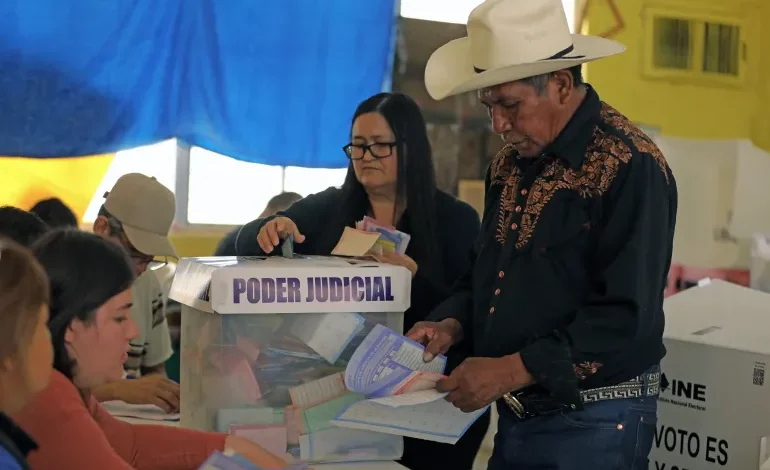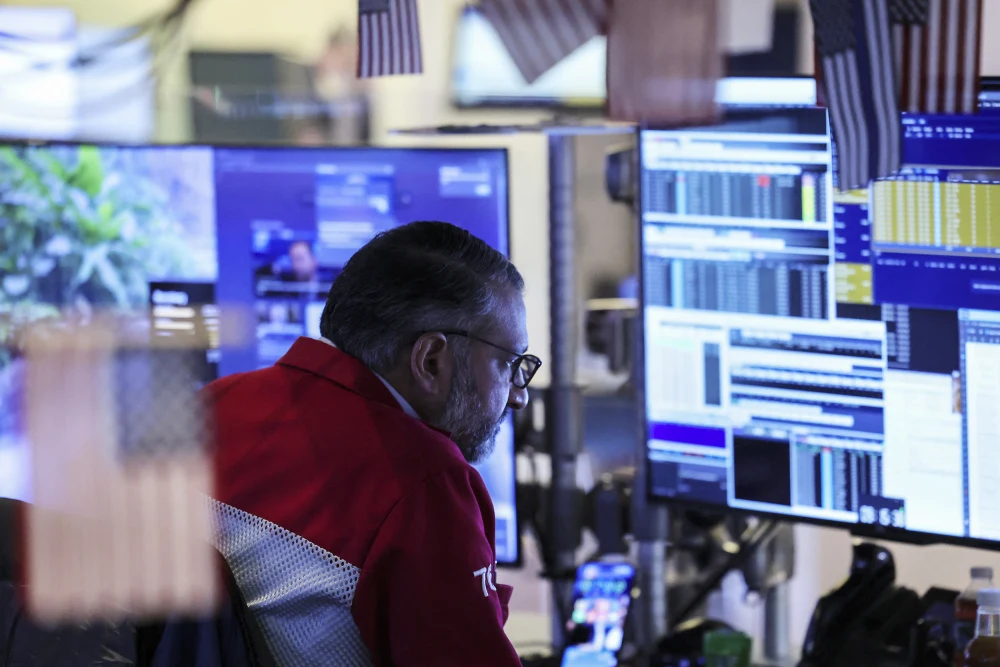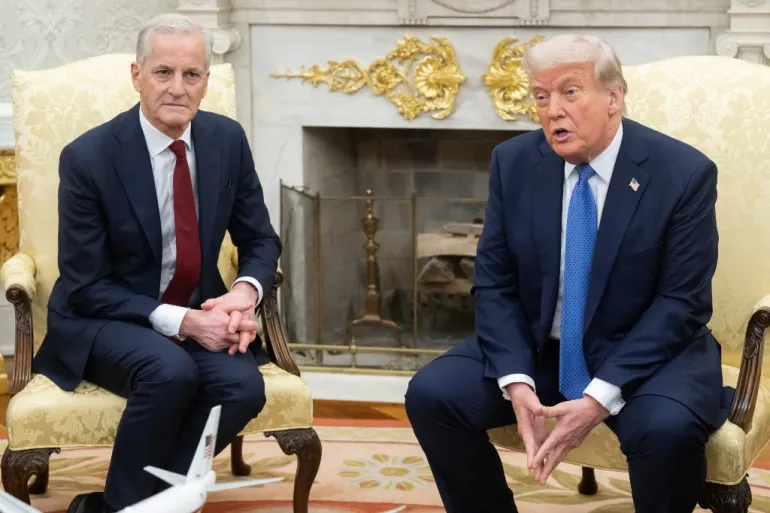Mexico’s Judicial Election Hailed as ‘Success’ by President Amid Low Turnout, Widespread Confusion

Mexico’s historic vote to overhaul its judiciary has been declared a “complete success” by President Claudia Sheinbaum, despite a low turnout, voter confusion, and mounting criticism over potential risks to judicial independence.
Just 13 percent of eligible voters cast ballots on Sunday in the landmark election, which aimed to fill more than 880 federal judicial posts — including Supreme Court justices — and hundreds of local judges and magistrates. The election marked the first time in modern Mexican history that judges have been chosen through a popular vote.
While the Sheinbaum administration framed the vote as a democratic breakthrough, many polling stations remained “largely empty,” according to observers on the ground. Voters expressed frustration over the complexity of the process, a lack of public information, and difficulty recognizing any of the candidates — who were not allowed to campaign openly or disclose party affiliations.
“To vote properly, you’d need hours and hours to study all the candidates,” said David Shirk, a political science professor at the University of San Diego. Voters like 63-year-old Lucia Calderon, a university teacher, agreed: “We are not very prepared. I think we need more information.”
Beyond logistical challenges, legal analysts and human rights groups warned that electing judges by popular vote could further expose the justice system to criminal influence. Margaret Satterthwaite, the UN special rapporteur on the independence of judges and lawyers, noted that judicial elections may be “more easily infiltrated by organized crime” than other appointment methods.
Despite requirements for candidates to have a clean criminal record and legal experience, watchdog group Defensorxs flagged about 20 candidates it described as “high risk.” These include Silvia Delgado, a former lawyer for convicted drug lord Joaquin “El Chapo” Guzmán, and another candidate in Durango state who previously served a prison sentence in the United States for drug offenses.
President Sheinbaum, who took office earlier this year, said the election showed that Mexico is becoming “more free, just, and democratic.” The reform was originally championed by her predecessor, Andrés Manuel López Obrador, who frequently clashed with Mexico’s traditional judiciary and accused it of protecting elite interests.
Supporters argue that the vote will help cleanse a corrupt judicial system by making it more accountable to the public. Critics, however, warn that politicizing the courts could undermine judicial independence and open the door to increased manipulation by powerful actors — including political parties and criminal organizations.
Official results of the election are expected in the coming days. A second round of judicial elections is scheduled for 2027 to fill hundreds more positions.
With input from Al Jazeera.









The latest news in your social feeds
Subscribe to our social media platforms to stay tuned